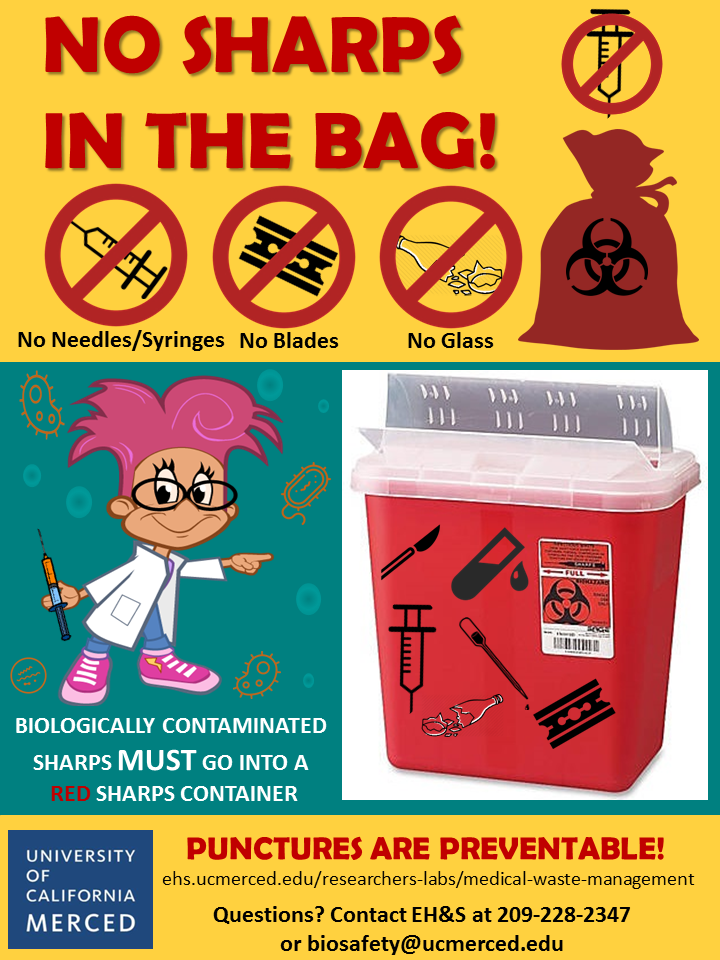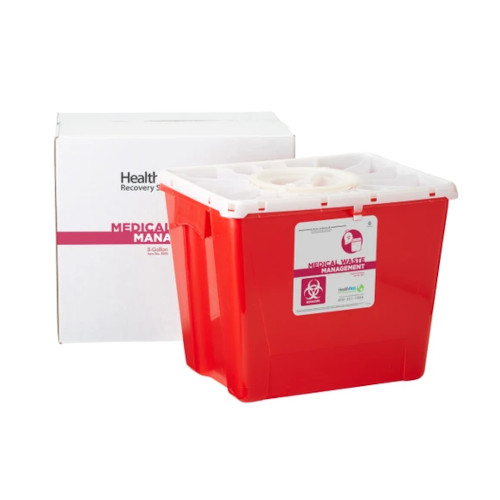Specialist Medical Waste Disposal Services: Handling Biohazards
Specialist Medical Waste Disposal Services: Handling Biohazards
Blog Article
Navigating Medical Waste Disposal: Important Solutions for Healthcare Facilities
Medical care facilities, whether tiny centers or large health centers, are delegated with the duty of handling, treating, and disposing of a vast selection of clinical waste streams. Comprehending the essential services that sustain medical waste disposal is not just an issue of compliance but likewise an essential element in guarding public health and wellness and environmental well-being.
Regulatory Conformity Support
For health care facilities, ensuring governing conformity support is necessary to keep appropriate handling and disposal of medical waste. Abiding by guidelines stated by companies such as the Environmental Security Agency (EPA) and the Occupational Safety and Wellness Administration (OSHA) is crucial to avoid environmental contamination, protect public health, and avoid possible lawful repercussions. Regulatory conformity assistance provides health care centers with support on how to appropriately set apart, shop, transportation, and throw away different kinds of medical waste in accordance with regional, state, and government guidelines. This support includes support in creating and carrying out comprehensive waste monitoring strategies, performing normal personnel training sessions, and executing audits to make certain recurring compliance. By partnering with regulative compliance professionals, health care centers can remain current on progressing policies, mitigate risks connected with incorrect garbage disposal, and eventually add to a more secure and extra sustainable environment for all.
Waste Partition Guidance

Healthcare centers must supply clear standards and training to personnel on exactly how to segregate waste properly. This includes separating general waste from hazardous products such as sharps, transmittable waste, pharmaceuticals, and chemical waste.
Collection and Transportation Providers

Proper collection and transportation services are vital parts of the medical waste disposal procedure in healthcare centers. These solutions ensure that unsafe materials are dealt with securely and in conformity with regulations to safeguard both the atmosphere and public health. Medical care centers depend on specialized waste administration business to provide effective collection and transportation services tailored to their demands.
Clinical waste collection entails segregating various types of waste at the factor of generation, utilizing color-coded bags or containers to compare basic, hazardous, pharmaceutical, and other waste streams. Educated employees have to do this task to stop contamination and make sure appropriate disposal. When collected, the waste is carried in committed automobiles geared up to handle hazardous materials safely. These vehicles abide by rigorous security criteria and comply with marked routes to certified therapy facilities for disposal with approaches such as sterilization, landfilling, or incineration.
Treatment and Disposal Solutions
In the world of clinical waste disposal for medical care centers, after the critical phase of collection and transport services, the emphasis moves towards executing efficient therapy and disposal services. Therapy solutions usually entail processes such as autoclaving, which uses heavy steam under stress to decontaminate the waste.
Disposal options include the last action in the medical waste monitoring procedure. Recycling and source this page recovery are likewise gaining grip as lasting disposal options for certain types of medical waste materials.
Efficient therapy and disposal options are vital in ensuring conformity with regulations and protecting public health and wellness and the atmosphere. Healthcare facilities should very carefully evaluate and choose ideal techniques that line weblink up with their waste monitoring objectives and sustainability efforts.
Team Training and Education

To successfully handle clinical garbage disposal in health care facilities, comprehensive staff training and education and learning play an essential role in ensuring adherence to governing requirements and keeping a secure atmosphere. Proper training outfits team with the expertise and abilities required to manage different kinds of medical waste, segregate them appropriately, and package them safely for disposal. By informing employees on the risks related to incorrect handling of clinical waste, facilities can decrease the probability of crashes, contamination, and governing violations.

Verdict
Finally, healthcare facilities rely on crucial clinical waste disposal our website services to guarantee regulative compliance, correct waste partition, safe collection and transportation, effective treatment and disposal, as well as staff training and education and learning. These solutions play a crucial role in preserving the health and wellness of both medical care workers and the basic public, highlighting the relevance of proper monitoring of clinical waste in health care setups.
For health care facilities, making sure governing conformity assistance is crucial to preserve correct handling and disposal of clinical waste. Waste partition entails categorizing different kinds of clinical waste to ensure appropriate handling, therapy, and disposal. This includes separating general waste from harmful products such as sharps, infectious waste, pharmaceuticals, and chemical waste.Medical waste collection involves setting apart various types of waste at the factor of generation, making use of color-coded bags or bins to differentiate in between basic, harmful, pharmaceutical, and other waste streams.In the world of medical waste disposal for healthcare facilities, after the vital phase of collection and transportation services, the emphasis changes in the direction of implementing effective treatment and disposal options.
Report this page